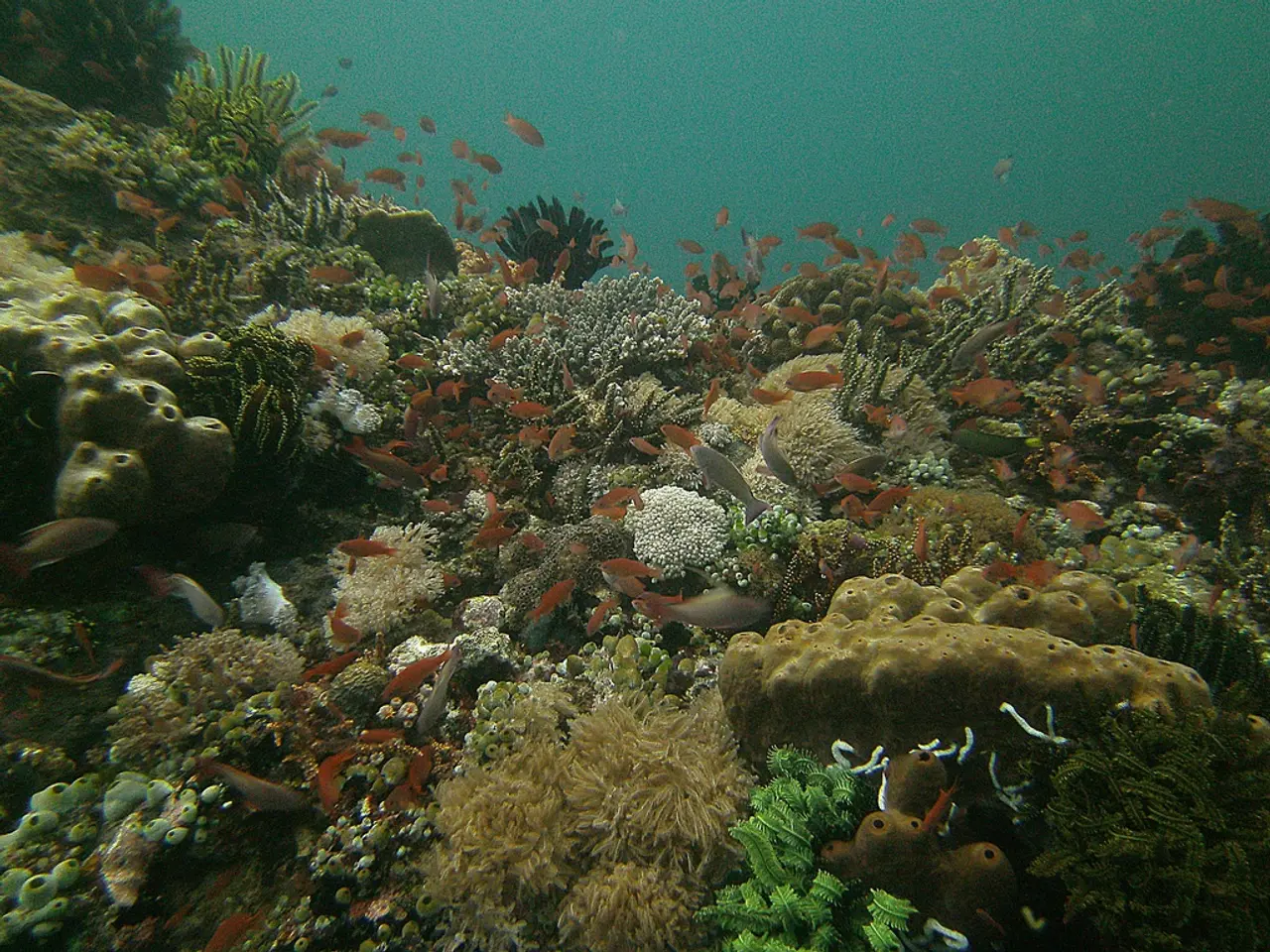Exploring Marine Tourism Regulations: A Detailed Handbook
Marine tourism, a significant sector in the global economy, attracts millions of visitors annually. However, the industry's growth is not without its challenges. Adherence to environmental regulations is crucial for operators to avoid legal repercussions, ensure a sustainable industry, and maintain a positive reputation.
Operators must comply with a variety of regulations that encompass legal frameworks managing activities related to recreational and commercial maritime ventures. These regulations promote safe, sustainable, and environmentally responsible practices.
Key aspects of these regulations include Marine Protected Areas (MPAs), wildlife conservation laws, and pollution control measures. MPAs are designated regions that restrict certain activities to preserve biodiversity and habitats. Operators must ensure their vessels are seaworthy and equipped with safety gear, such as life jackets, flares, and first aid kits.
Wildlife conservation laws protect animal species and their habitats, particularly those impacted by marine tourism. Compliance with MPA regulations is vital for maintaining ecological balance and sustainability. Pollution control measures aim to mitigate environmental degradation caused by tourism activities, focusing on waste management, regular vessel maintenance, and staff training.
Liability insurance is essential for marine tourism, covering bodily injury and property damage claims made by third parties. Workers' compensation insurance ensures employee safety and compensation in case of work-related injuries or illnesses. Marine property insurance protects vessels and equipment from accidents, natural disasters, or vandalism.
Safety regulations for tour operators and vessels encompass vessel integrity, operator training, emergency preparedness, and safety equipment provision. Crew training in emergency response, navigation, and customer safety protocols is required for operators. Regular inspections and maintenance are mandated to identify and rectify potential hazards.
Stakeholders must remain proactive in aligning with future regulations that prioritize sustainability and ecological integrity. Future trends in marine tourism regulations include digital solutions, sustainability initiatives, and climate change adaptations.
Understanding these regulations is crucial for operators, tourists, and policymakers. Non-compliance with marine tourism regulations can lead to financial penalties, loss of licenses, environmental damage, and increased liability risks. Compliance with these regulations ensures that operators maintain standards that safeguard both the environment and public safety, enhancing their reputation and competitiveness.
In the United States, the Marine Mammal Protection Act and the Endangered Species Act are key regulations. Internationally, conventions such as the United Nations Convention on the Law of the Sea guide maritime practices. These regulations aim to protect marine ecosystems while allowing tourism activities, establishing a legal framework for a sustainable and responsible marine tourism industry.








